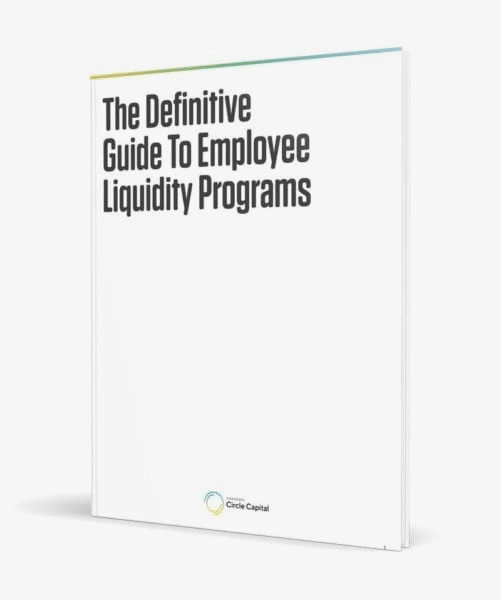Step 8
How to Make an Employee Tender Offer Less Taxing
There are many reasons for a private company to sponsor a share buyback, such as the ability to give employees some liquidity or bring more shares under company control. An employee tender offer can be the right tool for this. However, there are some circumstances in which a company-led tender offer can trigger a huge tax bill for everyone involved.
The critical issue is whether the IRS considers the payout from the offer to be compensation or capital gains.
The dollar difference can be huge. Compensation is subject to income tax, which currently has a top rate of 37 percent. Additionally, compensation is subject to FICA, which includes Social Security and Medicare taxes — now topping out at 7.645 percent. On the other hand, capital gains investments held for a year or more are taxed at just 20 percent with no FICA. That’s roughly half the tax rate of compensation.
One factor that will affect the tax treatment of a tender offer is whether shares exchanged in a secondary are considered insider transactions. Tender offers led by the company itself typically are. In order to preserve capital gains treatment in these cases, the price paid per share can’t exceed the current 409A valuation. The reason is that the company has already asserted that this amount is the fair market valuation of common stock. If it’s paying more than the fair market, that difference is considered compensation for tax purposes.
Here’s a simple example of why this rule is in place. Imagine a company that pays its CEO $1 per year but agrees to buy her used Toyota Corolla for $1 million. The IRS would see that as a clear attempt to circumvent taxes and treat the amount above the car’s fair market value as compensation.
The gap between reported (409A valuation) and actual (price paid in a tender) value in a company-sponsored share buyback may not be as egregious, but the same legal principle applies.
While insiders can’t safely pay for shares for more than the 409A value, an outsider, on the other hand, can offer any price he wants. Consider a potential investor who doesn’t have board-level insight into a company’s financial situation about a company but likes what he sees from afar. He makes a per-share offer that’s higher than the 409A value, in part because he believes the share price will continue to go up. That’s a perfectly reasonable investment, according to the IRS. After all, people have different ways of deciding what’s valuable to them.
It’s a very different story if the new investor is a board member or already owns substantial company shares. His attempt to buy above the 409A could be treated as if it’s payment from the company, triggering those sky-high tax rates. How much more than the common stock price does a current investor have to pay before the IRS says he’s compensating employees? There’s no set answer.
In determining what is compensation and what’s a stock sale, consider who can sell into the tender pool. Current employees can, but how about former employees with vested options? Former investors? If all classes of shareholders are eligible for the offer, the sales look more like capital gains because everyone is treated the same.
It’s best to have a lawyer familiar with compensation law involved early in the process. That way, you can avoid making mistakes that come back to haunt you later.







